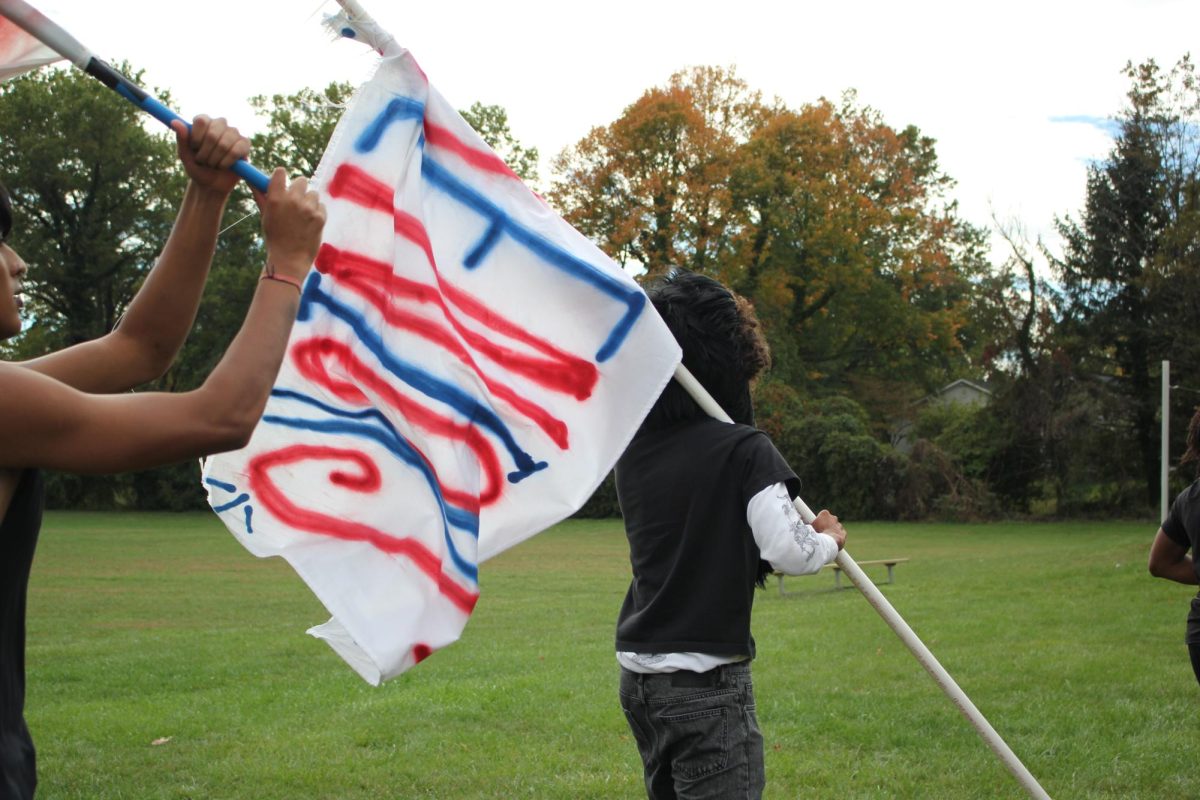Over the past month, a social media trend has taken the internet by storm: The USC #SpeakYourMIND Ice Bucket Challenge. This challenge is similar to the Ice Bucket Challenge in 2014, where participants dumped ice water on their heads to raise awareness and encourage donations for Amyotrophic Lateral Sclerosis (ALS) research. The #SpeakYourMIND Challenge is a collaboration between the University of South Carolina Mental Illness Needs Discussion (USC MIND) club and the Active Minds organization, which aims to bring attention to mental health.
Active Minds is the largest nonprofit in the United States dedicated to “transforming mental health norms across society.” The Active Minds organization was founded by Alison Malmon in 2000 after her brother committed suicide. On the about us page, Malmon writes, “After my brother’s death, and knowing how preventable it was, I resolved — no matter what — to do something to change the way we approach mental health in this country.”
Participating in the challenge is rather simple. First, the participant must record a video of themselves dumping a bucket of ice water on their head. Then they must nominate two to five others to participate in the challenge as well. Finally, the last step is to upload the video to social media — usually Instagram or TikTok — with the hashtag #SpeakYourMIND and tag @uscmind. Participants are also encouraged to make donations on USC MIND’s fundraising page.
Find the instructions for the challenge from USC MIND’s Instagram post.
Mental health is something that Josh Carroll ’25 said “you can never talk about too much.” Carroll elaborated, “Mental health struggles are [at] the forefront of a lot of people’s minds and it’s important to address [them].”
Miles Wilkins ’25 also stated what he believed to be the true meaning of the challenge: “There’s a lot of people out there who have a lot of weight that crashes on their heads, similar to a bucket of ice, and it’s important to raise awareness for those people who might be struggling.”
Grace Graefen ’26, president of the Mental Health Forum at MFS, shared a concern that she had with the challenge: “I think the challenge is good since it spreads awareness fast, but the point of the challenge is also to collect donations, and I’m not sure how many people are actually donating money instead of doing the challenge for the fun of it.”
The Ice Bucket Challenge isn’t the only way that the MFS community is taking steps to help mental health. Graefen shared that members of the Mental Health Forum are collaborating with faculty to create a new space in the community called the Thrive Center. Graefen explained that the Thrive Center is a long-term plan with the goal to “provide a space where students can feel welcome, whether they are having mental health issues or not.”







